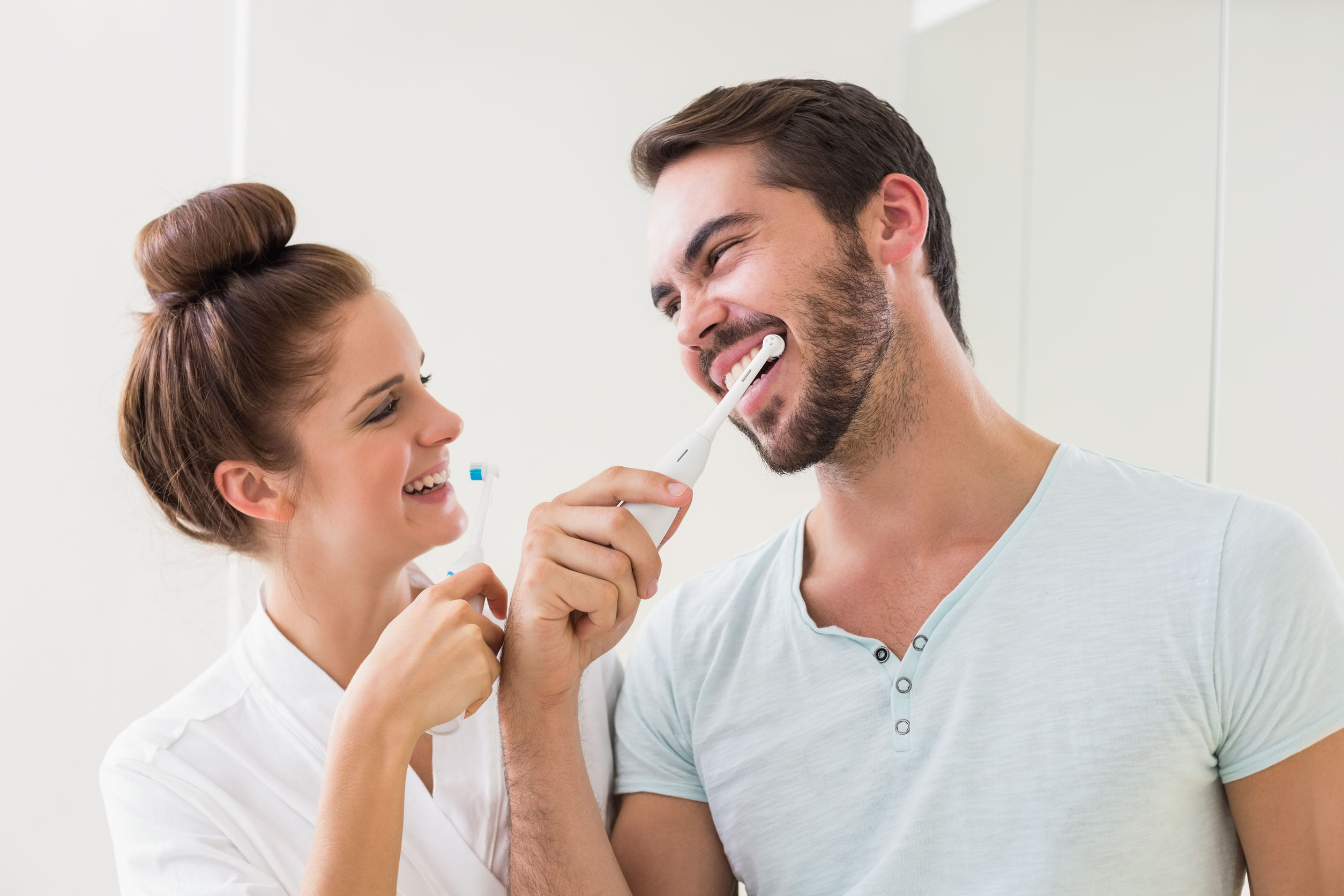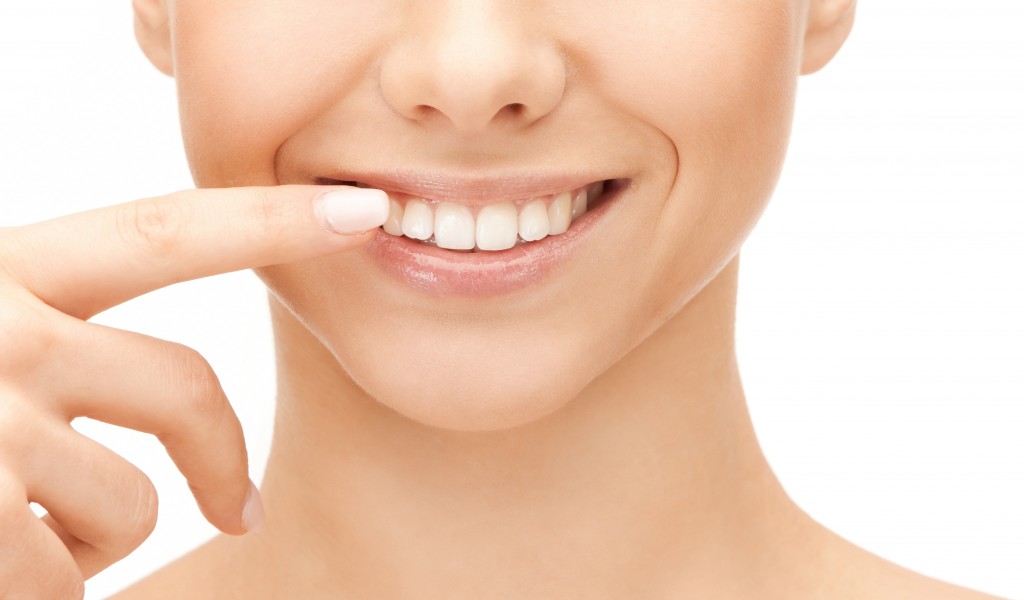
With so many toothbrushes available today, it’s difficult to figure out exactly which one is best suited for your oral hygiene. Learning the key differences between several kinds of toothbrushes can help you understand the best way to care for your smile. LA’s leading cosmetic dentist Dr. Raschkovsky’s handy list highlights the benefits of the most common types of toothbrushes found on the market.
Manual Toothbrushes
There’s a lot to be said about the manual toothbrush: it’s portable, will never run out of batteries and is affordable to replace. A toothbrush complete with a myriad of bristle types and built-in tongue, gum and cheek cleaners will keep you looking fresh and clean after each brush. The benefits of this toothbrush remove plaque, rejuvenate the gums and thoroughly brush all aspects of the teeth. Not to mention, it costs way less than an electric toothbrush.
Size:
For most adults, a toothbrush head half-inch wide and one-inch tall provides the perfect reach and cleaning capabilities. The toothbrush handle should be long enough to hold comfortably in your hand.
Bristle Variety
Hard Bristles
A toothbrush with hard bristles can certainly remove a lot of plaque and leave your teeth feeling shiny, but harder bristles are responsible for enamel erosion. Brushing using the abrasive bristles of a hard toothbrush results in the protective layer of your teeth being compromised, eventually wearing thin.
Soft Bristles
A soft bristle toothbrush is round at the tip, ideal for individuals with sensitive gums and teeth. They are perfect for reaching the back teeth and areas of the mouth that are difficult to reach, since soft bristled toothbrushes are so flexible.
Electric Toothbrushes
If you have difficulty brushing, or remembering to brush properly, an electric toothbrush can do the job for you. Electric brushes do a great job brushing teeth thoroughly and can even sense how much pressure you’re using, alerting you when you’ve finished the job.
Perfecting Oral Hygiene
To be sure your toothbrush has undergone satisfactory quality control tests for cleaning effectiveness and safety, ask LA dentist, Dr. Alessandra Raschkovsky for a recommendation. It’s also advisable to look for manual or powered toothbrushes marked with the American Dental Association (ADA) Seal of Approval.















